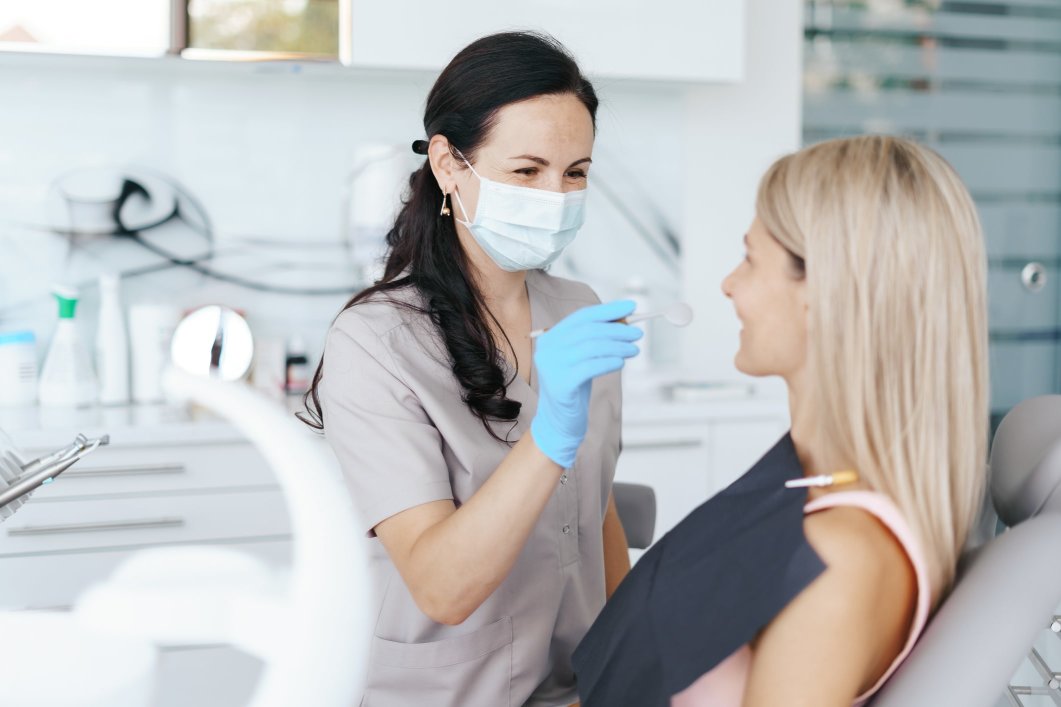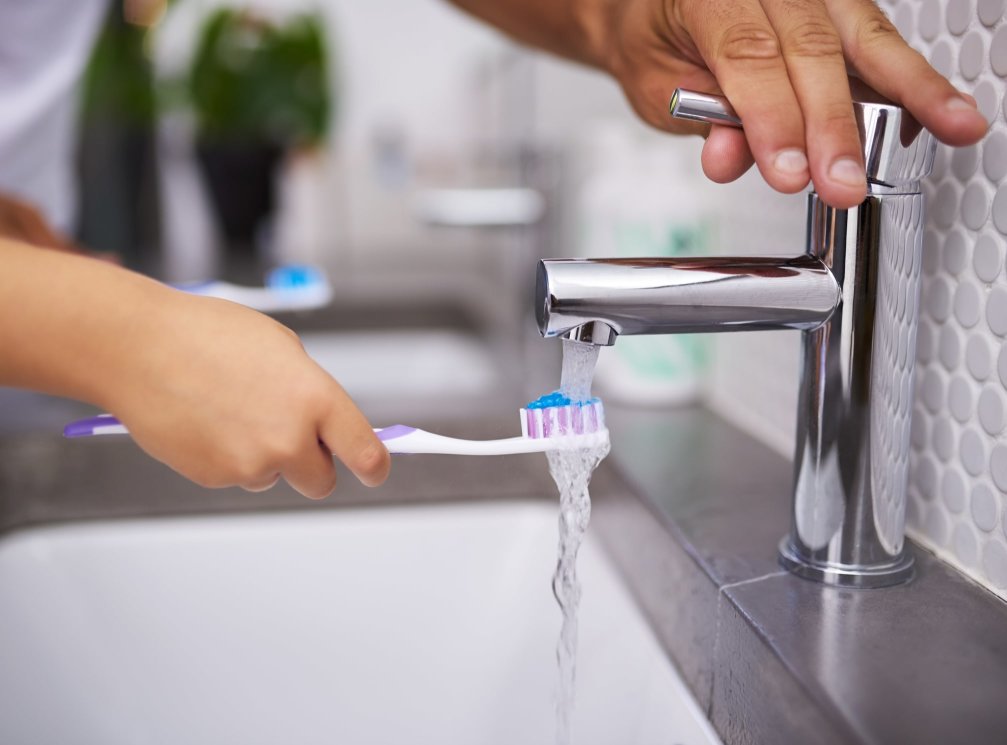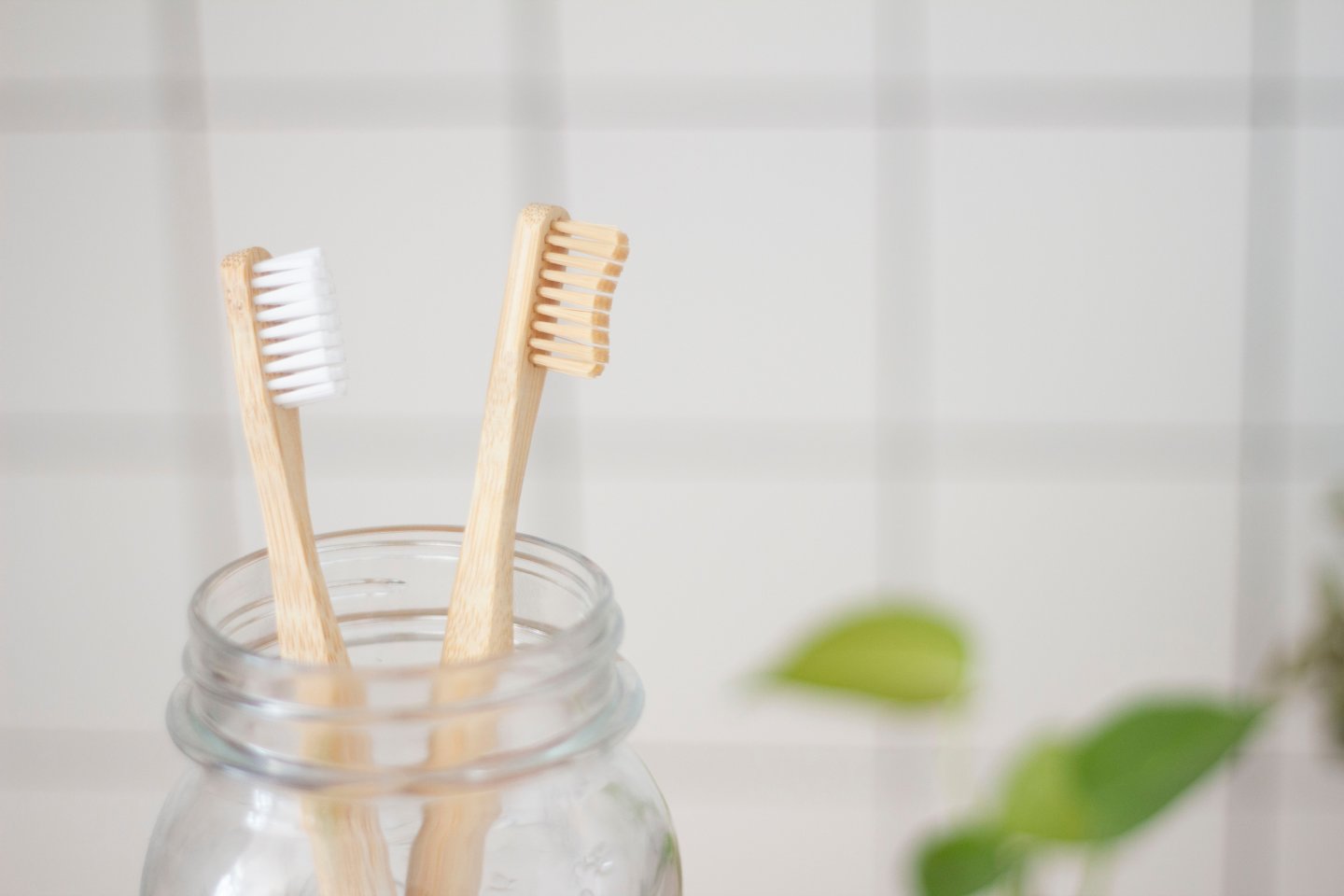
An HSA is a great way to cover healthcare costs that you might otherwise be responsible for -- copayments, deductibles, prescriptions, and the like -- and it acts as an investment, growing interest as it sits.
You know you can use it to cover those out-of-pocket expenses associated with trips to the doctor, but can you use an HSA for dental expenses, too?
The short answer is, yes! You can use that HSA to pay for trips to the dentist and orthodontist. It can even be used to cover the cost of things that a basic dental insurance package might not cover, like fluoride treatments. Before you set off to buy some toothpaste, though, let’s delve a little deeper into how you can use your HSA for dental care.
How Can An HSA Be Used For Dental Expenses?
Your HSA can be used for qualifying medical expenses for you, your spouse, and your dependents. What is a qualifying medical expense? In short, it’s a medical, dental, vision, or prescription expense that may not be covered by your insurance, but has been designated by the IRS as an expense that can be paid for with your HSA. |
How does the IRS determine what qualifies? Well, if you take a look at the list on the IRS website, they are usually services (like a trip to the dentist), medications, assistive products (like braces), or therapy programs that are deemed medically necessary to treat, alleviate, or prevent a specific condition.
So, we’ve confirmed that you can use that HSA card on “dental expenses”, but let’s get a bit more specific -- which services can be paid for with your HSA? Let’s take a look at what definitely is and isn’t covered by your HSA, and then we’ll talk a bit about something called a dual-purpose expense.
Qualifying Dental Expenses
Teeth cleaning
X-rays
Fillings & crowns
Extractions (getting teeth pulled)
Braces
(Non-cosmetic) dentures & dental implants
Sealants
Fluoride treatments
Certain over-the-counter medications and supplies like denture adhesive
Non-Qualifying Dental Expenses
Teeth whitening
Cosmetic dental procedures
“General health” items like mouthwash and floss
Dual Purpose Expenses
Certain expenses are deemed “general use” or “for general health”, meaning they are broadly beneficial to your overall wellbeing, but not used to treat one specific illness.
When it comes to oral health, we’re talking mouthwashes, toothpaste, flosses, and electric toothbrushes. All things are imperative to maintaining good oral health, for sure! But they usually aren’t treating one specific illness or condition. Usually, these “general use” expenses cannot be paid for with an HSA.
There are situations, however, where a doctor or dentist may deem a general-use tool or service medically necessary to treat a specific illness or condition. In these instances, your healthcare provider may write a prescription or a note of medical necessity for this product.
When a general use expense is deemed necessary for the treatment of a specific condition, that expense becomes a dual-purpose expense, and your HSA should cover it!

What To Know About Using An HSA For Dental Expenses
Review your plan details before using your HSA. Familiarizing yourself with the details of your HSA will protect you from unexpected fees and penalties. In particular, your HSA provider should have a full list of qualifying medical expenses available for you to browse either online or in the plan booklet.
Make sure you’re only spending HSA funds on qualified medical expenses. We’ve just gone over what a qualifying medical expense is. Make sure you keep that in mind when you’re getting dental care. Anything that isn’t a qualified medical expense will be subject to taxes. If you are under age 65, you will receive an additional 20% tax penalty on the purchase -- that amount can add up pretty quick, particularly if you try to pay for a dental procedure that winds up being classified as cosmetic!
After age 65, that 20% tax penalty goes away. You can use your HSA funds on any expense after age 65. Any non-qualifying purchases will be subject to tax, but qualifying medical expenses will always be tax-free.
If you have dental insurance, the monthly premium may be covered. Refer to your plan materials; you may be able to pay your dental insurance premium (that’s the monthly fee to ensure coverage) using your HSA without penalty!
Wrapping Up
With HSA funds, you can worry a little less about costs and get the dental care you need to keep your smile looking beautiful. That’s what they’re there for after all. Now that you know the ins and outs of HSAs and dental health, check out our other dental insurance guides.







